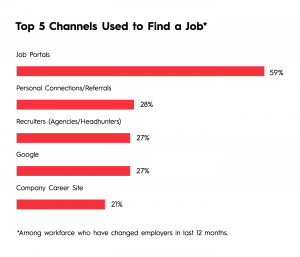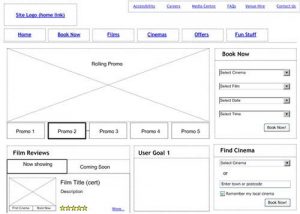Learning Management Systems. A dreaded software category for most people who need to do eLearning. They’re bulky, hard to use, hard to integrate, expensive. And the cheaper ones just don’t do what you really need them to do.
LMS’s have been poorly executed not because the software developers who create them are bad programmers, but rather because it’s software that’s trying too hard to be “off the shelf”.
In many organizations, the whole online learning system has become so convoluted as to be unusable by any but the most dedicated. That’s a problem. Unless you plan to have a dedicated resource who is going to do nothing but manage the LMS and its component parts, you should consider a different approach.
Let me explain.
Let’s suppose you want to go deep sea fishing—a pretty complicated and expensive endeavor. How do you approach this pursuit? Do you buy a boat, purchase all of the fishing gear and tackle, plot out where you will fish and then set forth to go catch some marlin, ala Ernest Hemingway?
Maybe, if it’s really the only thing you have to do.

But if not, it’s more effective to charter with a captain who already knows the waters, has a ship, all the gear and knows where the best fish are to be found.
We recommend the latter approach for most companies looking to be effective with their online training efforts. We call it Managed Learning Services.
It’s easier and a lot faster to let a third party do the heavy lifting, things like implementing the LMS, building the courses, handling the tech work like audio and video and uploading and file formatting and creating custom reports and on and on. Preferably a company that spends all of their waking hours doing these things. They are going to do it better than you.
Why? Well in our case, in addition to the experience, we also have developers on staff who have created and implemented learning systems for years. That means we can move very very fast in setting up your site, getting your users set up and your reporting exactly the way you want it.
It also means that we can do integrations like single sign-on and sharing data with other business systems that are all but impossible with off-the-shelf (supposedly) LMS software.
Let me give you an example of the type of advantage I’m talking about, a specific case.
One of our clients wanted to integrate sales data into a training performance report in order to see if there was correlation between sales training and sales results. We put together the technology to import the sales data along with the training data and formatted a report exactly as the client wanted to see it. That took about three days to turn around. Try that with your LMS and IT department.

Here’s another one.
We had a client that wanted to show a map of reports from the learning system that showed performance support data from a set of checklists. So we integrated Google Maps and voila, now you can see the reports geographically on a map. Want those pins to be green intead of red? No problem.
The list goes on and on. A company that has the capabilities to do custom programming from an existing system architecture, as well as content development and design is a very powerful animal.
Our clients appreciate it because they can focus on things like working with subject matter experts (SMEs), monitoring users, updating content and measuring the effectiveness of the eLearning effort.
Business & Finance Articles on Business 2 Community(72)






